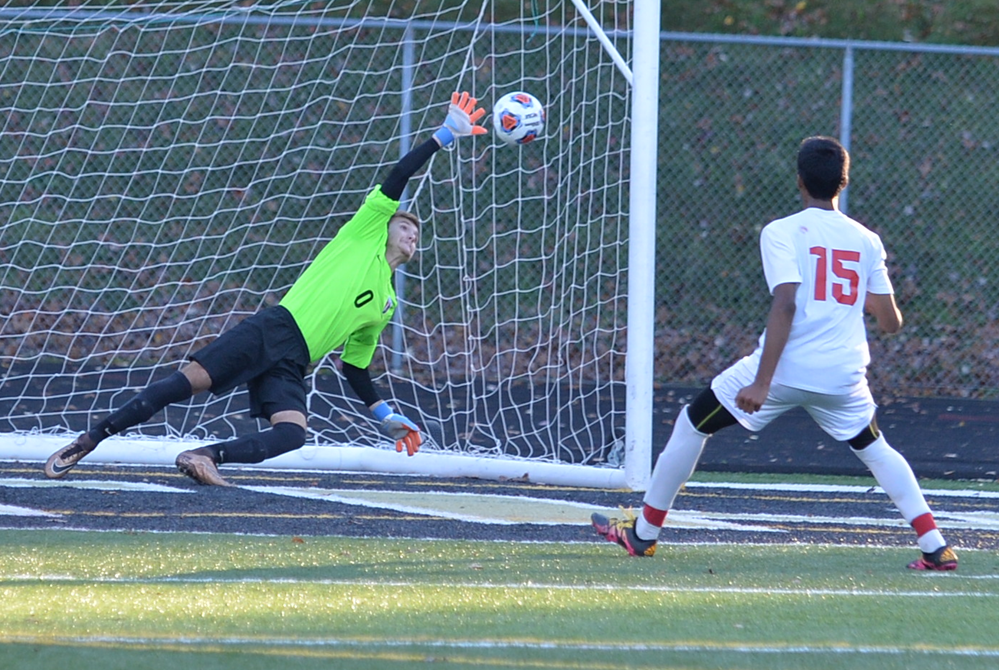
Be the Referee: Overtime Differences
November 1, 2018
This week, MHSAA officials coordinator Sam Davis explains how high school football overtime differs from extra play at the college level.
Be The Referee is a series of short messages designed to help educate people on the rules of different sports, to help them better understand the art of officiating, and to recruit officials.
Below is this week's segment – Overtime Differences - Listen
There are a few differences in high school football overtime compared to college games.
During overtime in high school football, each team begins its offensive series 1st-and-Goal from the 10- yard line as opposed to 1st–and-10 at the 25. The only way a team can pick up a first down is on a roughing foul – roughing the passer, the holder, the center or the kicker.
A lost fumble or intercepted pass ends a team’s offensive series, (and on) a try for an extra point following a touchdown, the defense cannot return the ball for a score. And unlike college football, there is never a requirement that a team go for a 2-point conversion. What is common between the two levels is that each team gets one timeout per overtime, and unused timeouts don’t carry over from regulation or from overtimes.
Past editions
October 25: Trickery & Communication - Listen
October 18: Punts & Missed Field Goals - Listen
October 11: What Officials Don't Do - Listen
October 4: Always 1st-and-Goal - Listen
September 27: Unique Kickoff Option - Listen
September 20: Uncatchable Pass - Listen
September 13: Soccer Rules Change - Listen
September 6: You Make the Call: Face Guarding - Listen
August 30: 40-Second Play Clock - Listen
August 23: Football Rules Changes - Listen

Be the Referee: Soccer Overtime
By
Paige Winne
MHSAA Marketing & Social Media Coordinator
October 24, 2023
Be The Referee is a series of short messages designed to help educate people on the rules of different sports, to help them better understand the art of officiating, and to recruit officials.
Below is this week's segment – Soccer Overtime - Listen
Soccer games in the postseason have one big noticeable difference from the regular season. In the postseason, games cannot end in a tie – so games go to overtime and possibly a shootout.
Here’s how that works:
If the game is tied at the end of regulation, it will go to overtime, which is two 10-minute periods played in its entirety. There is no sudden death or golden goal winner. If there is a winner at the end of the 20 minutes, that team wins and advances to the next round. If there’s still a tie, we move to a shootout.
In the shootout, the teams alternate taking five penalty kicks. If it’s still tied after five kicks, they each kick until the tie is broken.
Previous Editions
Oct. 17: Tennis Spin - Listen
Oct. 10: Blocked Kick - Listen
Oct. 3: Volleyball Double & Lift - Listen
Sept. 26: Registration Process - Listen
Sept. 20: Animal Interference - Listen
Sept. 13: Feet Rule on Soccer Throw-In - Listen
Sept. 6: Volleyball Jewelry - Listen
Aug. 30: Football Rules Similarities - Listen
Aug. 23: Football Rules Differences - Listen

